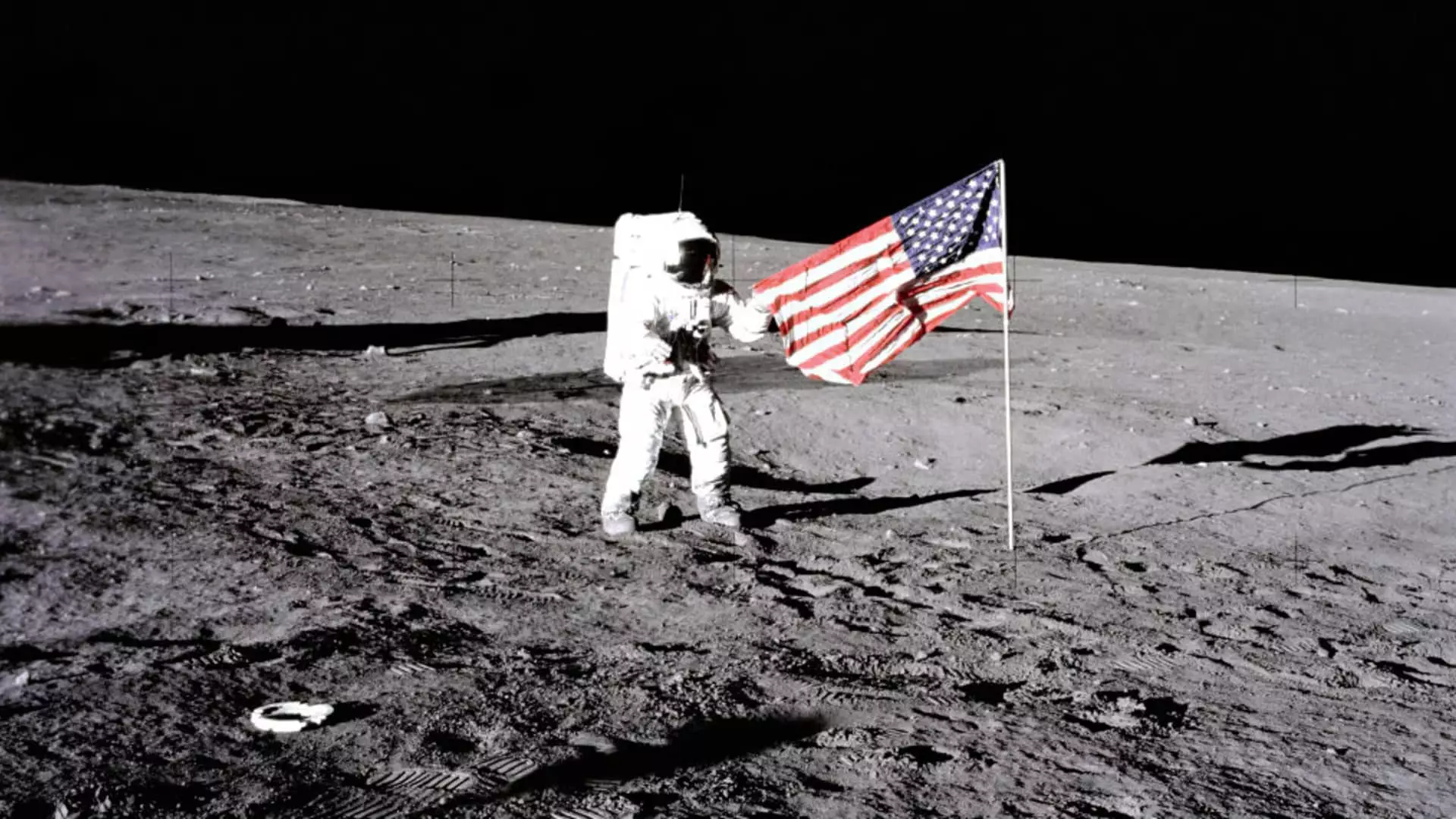As Japan proudly joins the league of nations that have successfully landed on the moon’s surface, it is quite evident that lunar missions are becoming more commonplace. In fact, it is estimated that over 100 lunar missions will take place by 2030. With countries like the US, Russia, China, and India already leading the charge, many are curious about the motivations behind this newfound interest in our celestial neighbor.
The moon serves as a significant proving ground for humanity’s aspirations beyond Earth’s atmosphere. One of the major reasons countries and private companies are eager to return to the moon is the opportunity to learn how to live and utilize the resources found in outer space. Michelle Hanlon, the executive director at the Center for Air and Space Law at the University of Mississippi, highlights that understanding the moon is the key to unlocking the vast riches the universe has to offer.
Among the many treasures that await on the moon, rare-earth metals and helium-3 isotopes are highly sought after. Although rare on Earth, helium-3 is abundant on the moon and has the potential to power nuclear fusion reactors. While the specifics of harnessing this resource remain a challenge, Hanlon believes that once we crack the code, helium-3 from the moon could potentially power the entire Earth for centuries to come.
Another invaluable resource that countries are after is water. Apart from being essential for human survival, water can also be transformed into rocket fuel. With the prospect of establishing a refueling station on the moon, it could become a launching point for more ambitious missions into deep space.
Establishing a significant lunar presence goes beyond scientific and economic endeavors. Dean Cheng, a senior advisor for the China program at the United States Institute of Peace, emphasizes the political and geopolitical significance of being at the forefront of lunar exploration. It is not only a statement about a country’s technological prowess but also a reflection of their political and economic systems. Leading the race to the moon implies standing ahead in the global geopolitical competition.
While the quest for lunar resources and geopolitical dominance has piqued the interest of nations, there are inherent risks and complexities involved. Technological hurdles, financial investments, and international cooperation are crucial factors that need to be addressed. Additionally, the ethical considerations of resource extraction and potential conflicts over lunar territories pose significant challenges in this space race.
The race to the moon is anticipated to intensify in the coming years, as more countries and private companies embark on lunar missions. The cumulative knowledge gained from these missions will pave the way for future space exploration and colonization. As we strive to expand our understanding of the universe, the moon continues to beckon us with its untold secrets and potential riches.
The renewed interest in lunar exploration stems from the moon’s role as a proving ground for space living and resource utilization. While rare-earth metals, helium-3, and water are among the treasures coveted by nations, the geopolitical implications of lunar dominance cannot be overlooked. As the competition grows, so do the challenges and risks associated with lunar exploration. However, with concerted efforts and international collaboration, humanity has the potential to unlock the moon’s vast offerings and make remarkable strides towards a future beyond Earth.

Leave a Reply